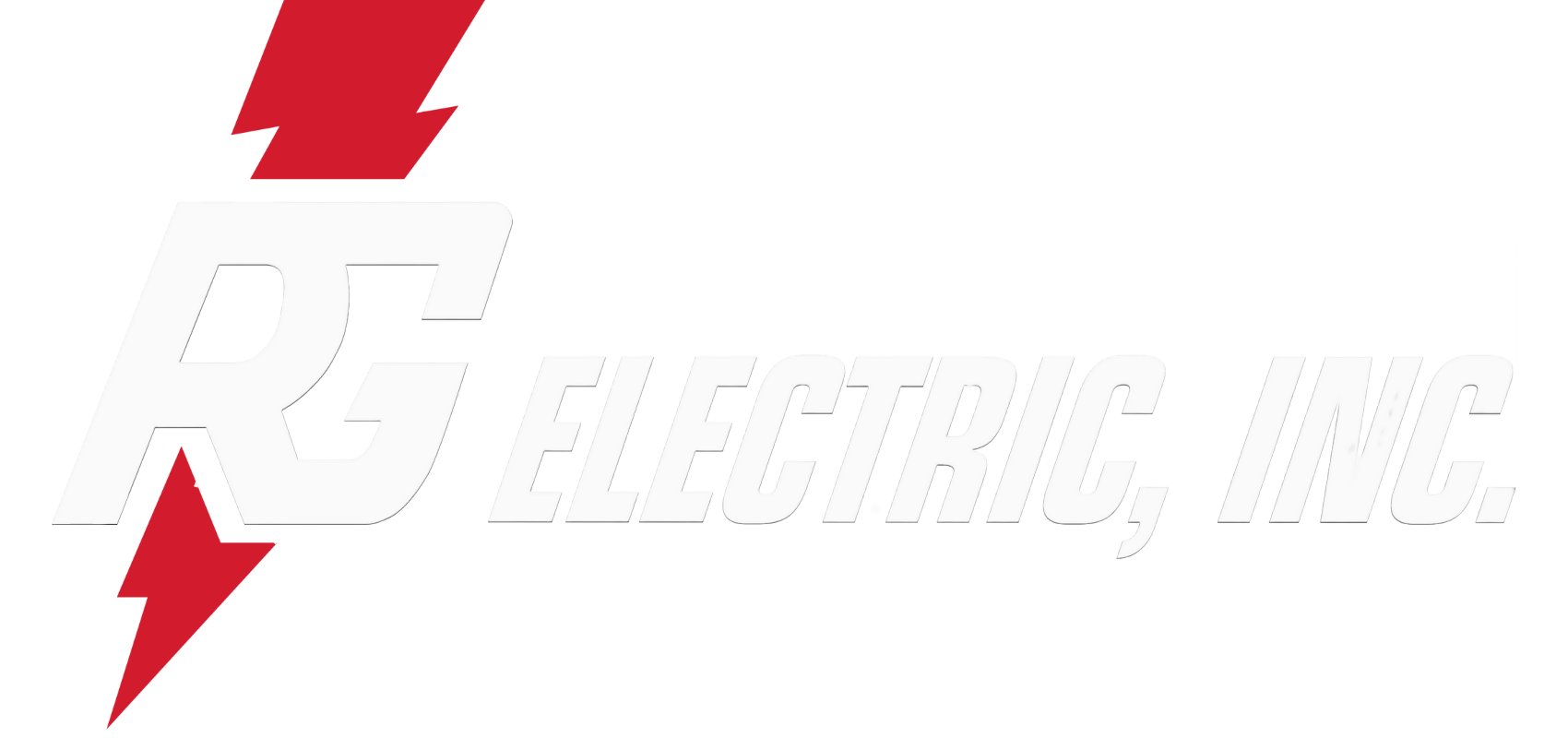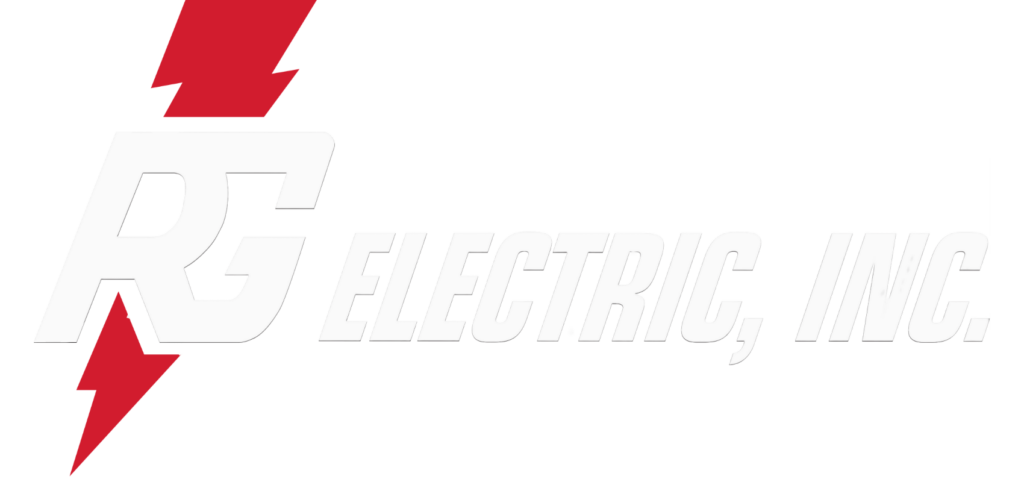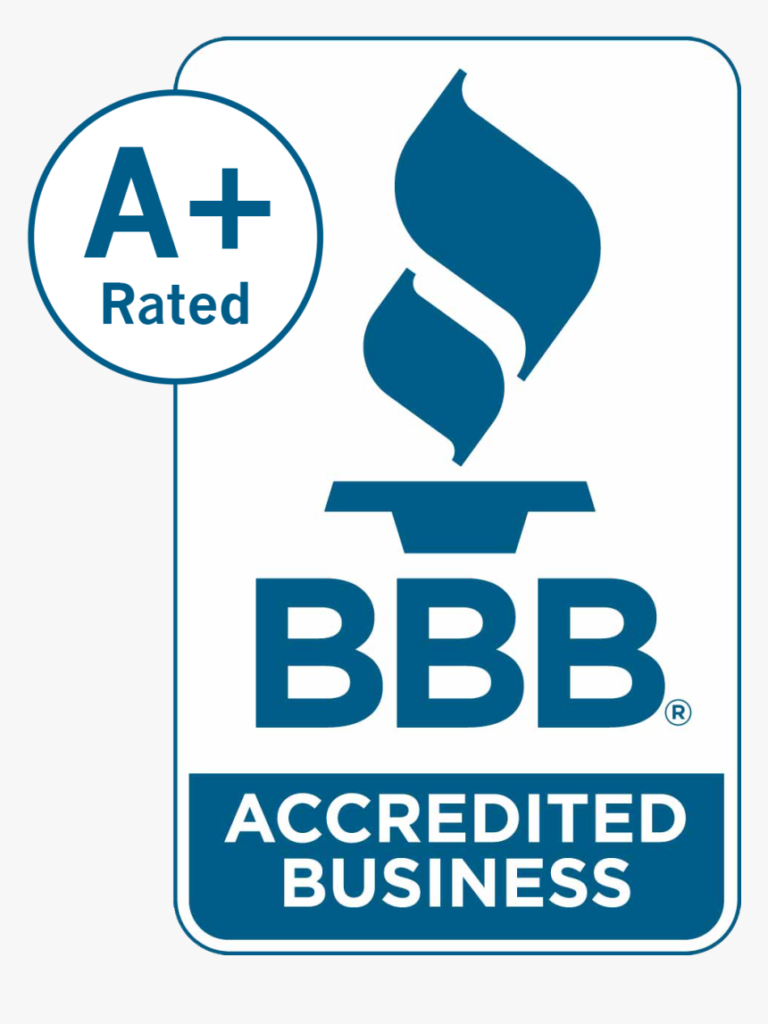Solar Surplus: The Journey of Your Excess Solar Energy
Ah, the joys of solar power! You’ve made the leap, installed solar panels on your roof, and now you’re basking in the glow of renewable energy and… wait, what’s that? Your panels are producing more energy than you can use? Well, don’t let visions of wasted watts cloud your sunny outlook. Let’s embark on an electrifying exploration of what happens to that excess solar energy, proving once and for all that in the world of solar power, too much of a good thing can be great!
The Solar Panel Overflow Party: Where Does the Excess Go?
Contrary to what you might think, the extra juice your solar panels generate doesn’t just vanish into the ether. Here’s the scoop on how your solar system handles its bounty:
1. Net Metering: Your Energy Piggy Bank
- Banking on the Grid: Many utility companies offer a program called net metering, which is like having a savings account for your excess electricity. When your panels are producing more power than you need, the surplus is sent back to the grid, and you earn credits on your utility account.
- Withdrawals Made Easy: Think of net metering as your energy debit card. At night or on cloudy days when your panels are less productive, you can draw on those credits instead of buying electricity from the grid.
2. Solar Batteries: The Personal Energy Vault
- Storage Solutions: If net metering isn’t your style or you’re aiming for energy independence, solar batteries can store excess electricity right on your property. It’s like having a pantry stocked with homemade, sun-cooked energy, ready for consumption whenever you fancy.
- Power on Demand: Solar batteries let you keep the lights on during outages, use solar power at night, and even manage peak utility rates by consuming your stored energy when grid prices are high.
3. Feeding the Community: Shared Solar Energy
- Community Solar Projects: Not all solar heroes wear capes; some share their bounty with the neighborhood. In areas with community solar programs, you can contribute your excess energy to a communal pool that benefits those who might not have solar panels themselves.
- Supporting the Grid: During peak demand times (like hot summer afternoons), your surplus can help stabilize the grid, reducing the need for fossil-fuel power plants to kick in.
The Benefits: Why Excess is Excellent
- Reduced Utility Bills: Through net metering credits or decreased reliance on grid electricity, your excess can lead to savings.
- Environmental Impact: Every kilowatt-hour of solar power you feed into the grid or save for later use is one less kilowatt-hour generated by non-renewable resources.
- Energy Independence: Maximizing your solar production, you move to a self-sufficient home, less affected by grid outages and energy prices.
Wrapping Up: The Solar Power Abundance
In the solar energy realm, excess is an opportunity—to save, to share, and to support a cleaner, greener planet. Your solar panels aren’t just producing electricity; they’re generating savings, security, and sustainability. The next time you watch your meter running backward, remember: in the world of solar power, more is truly merrier. Here’s to your solar surplus, powering a brighter future, one sunny day at a time!



